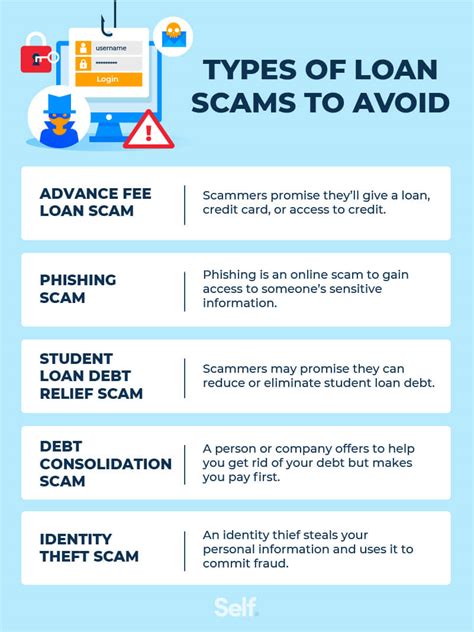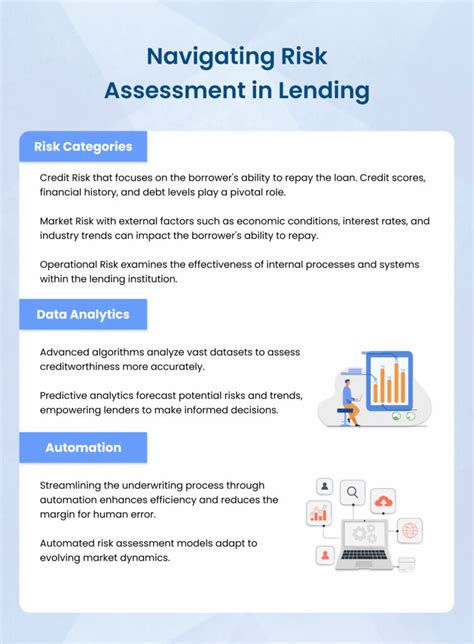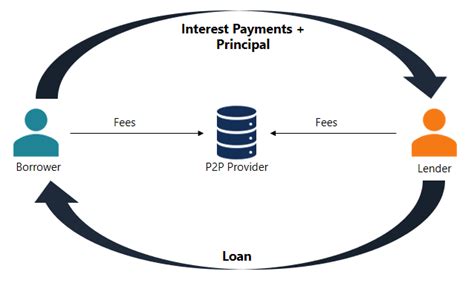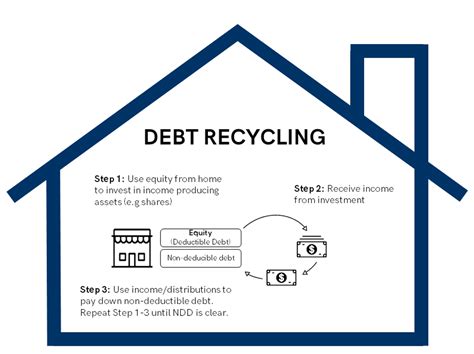Introduction:
In today’s economic climate, many homeowners are seeking ways to modify their mortgages and avoid foreclosure. The Home Affordable Modification Program (HAMP) was introduced by the U.S. government to assist struggling borrowers. However, with the high demand for these modifications, fraudulent entities have emerged, promising to help homeowners without delivering on their promises. This article will guide you in identifying fake HAMP program providers and protecting yourself from loan modification scams.

1. Lack of Credibility:
Be wary of companies that lack proper credentials or certifications. Genuine HAMP program providers are registered with the U.S. Department of Housing and Urban Development (HUD) and adhere to strict guidelines. Check if the provider has a valid HUD-Approved Housing Counseling Agency (HCA) certification or is a member of the National Association of Housing Counseling (NAHC).
2. Upfront Fees:
Legitimate HAMP program providers typically do not charge upfront fees for their services. Scammers often ask for a fee before starting the modification process, claiming it is required to pay off the mortgage or cover administrative costs. Remember, HAMP is a free program, and you should never pay a fee to modify your mortgage.
3. Pressure Tactics:
Scammers may use high-pressure tactics to persuade you to act quickly. They might threaten foreclosure, claim they have limited slots available, or urge you to sign documents without thoroughly reviewing them. Trust your instincts and take your time to research and compare different providers before making a decision.
4. Unusual Requests for Personal Information:
Be cautious if a provider requests sensitive personal information, such as your Social Security number, bank account details, or tax returns, without a valid reason. Genuine HAMP program providers will only need this information to verify your eligibility for the program and communicate with your lender.
5. Guarantees and Unrealistic Promises:
Scammers often make unrealistic promises, such as guaranteeing loan modification approval or promising to pay off your mortgage in a short period. Legitimate HAMP program providers cannot guarantee the outcome of the modification process, as it depends on your lender’s willingness to negotiate.
6. Inconsistent Communication:
Pay attention to the provider’s communication style. Scammers may use multiple phone numbers, email addresses, or social media profiles to avoid detection. They may also be difficult to reach or provide inconsistent information about their services and qualifications.
7. Lack of Transparency:
A genuine HAMP program provider should be transparent about their fees, services, and the modification process. If they are hesitant to provide detailed information or avoid answering specific questions, it’s best to look elsewhere.
Conclusion:
Loan modification scams can be devastating for homeowners facing financial hardship. By being vigilant and researching potential providers, you can protect yourself from fraudulent entities. Remember to verify the credentials of the provider, avoid upfront fees, and trust your instincts when evaluating their promises and communication. Seeking assistance from a HUD-approved housing counselor is a safe and reliable way to navigate the loan modification process.



